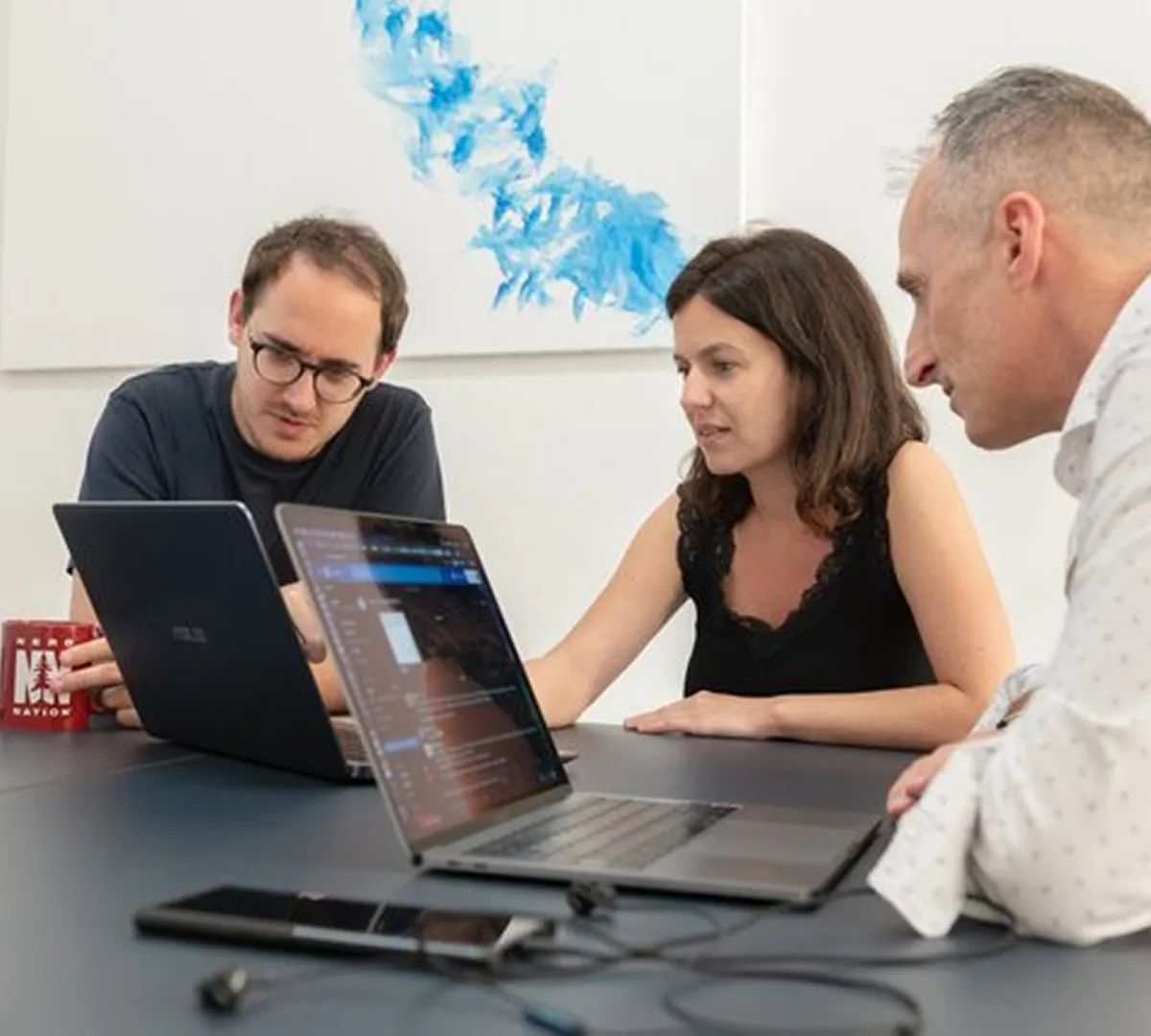Understanding Decentralized Clinical Trials
Decentralized clinical trials represent a major transformation in modern research. This innovative approach allows patients to take part in clinical studies from home through new technologies. It revolutionizes access to clinical trials by removing traditional geographic and time constraints while maintaining strict compliance with the regulatory framework set by health authorities.
What Is a Decentralized Clinical Trial?
Decentralized clinical trials are defined by their ability to move part or all of the research activities outside traditional hospital centers. This model relies on technological tools that enable data collection directly from participants’ homes.
Main advantages:
- Reduced logistical constraints for participants
- Easier access for rural or mobility-limited populations
- Lower operational costs
- Improved patient recruitment and retention
- Real-world data collection
This evolution fundamentally changes the relationship between researchers and participants. Patients become more autonomous actors, using mobile applications to report symptoms or connected devices to transmit physiological data.
Regulatory Framework and Compliance
In France, implementing decentralized clinical trials requires strict compliance with several regulatory texts. Health and data protection authorities impose particularly demanding guidelines regarding the collection of personal health data.
Key requirements:
- Adapted informed consent: Clear information on the technologies used and on how data are collected remotely
- Enhanced traceability: Documentation of all digital interactions with participants
- Data security: Encrypted transmissions and secured databases
Healthcare professionals must also ensure that participants fully understand the implications of their participation in a partly remote clinical trial, thereby upholding research ethics.
Technologies Powering Decentralization
The technological ecosystem of decentralized trials is structured around three complementary pillars that are revolutionizing clinical data collection.
Teleconsultation Platforms
These tools allow investigators to maintain direct contact with patients, enabling medical consultations, clinical assessments, and therapeutic follow-ups without geographical constraints.
Dedicated Monitoring Platforms
- Interactive quality-of-life questionnaires
- Daily symptom diaries
- Treatment reminders
- Communication interfaces with the research team
- Educational modules about the studied pathology
Remote Monitoring Devices
Connected sensors are at the heart of this innovation: smart blood pressure monitors, connected scales, pulse oximeters, glucose monitors, and physical activity trackers. These devices automatically transmit data to the study databases, reducing entry errors while increasing the frequency and precision of measurements.
Integrating these technologies requires specific expertise in cybersecurity and system interoperability. Clinical research teams must master these new tools to ensure the reliability of collected data.
Toward a New Era of Medical Research
Decentralized clinical trials mark a decisive step in the evolution of medical research. This approach democratizes access to therapeutic innovation, particularly benefiting patients who live far from major hospital centers. It meets the expectations of today’s participants, who are accustomed to digital services and wish to balance care with daily life, while maintaining the high scientific standards essential to modern clinical research.













.jpg)

